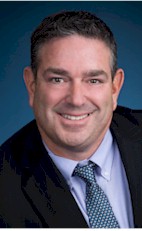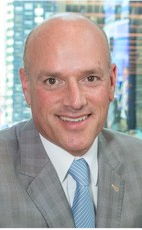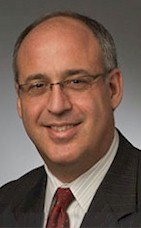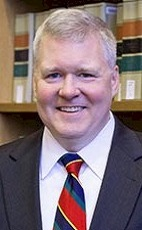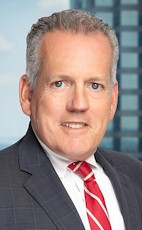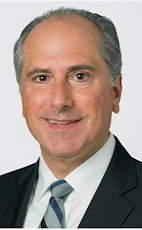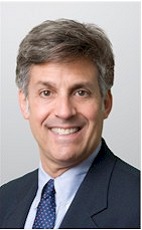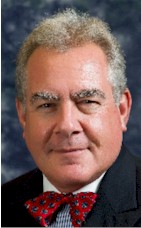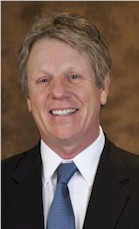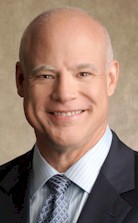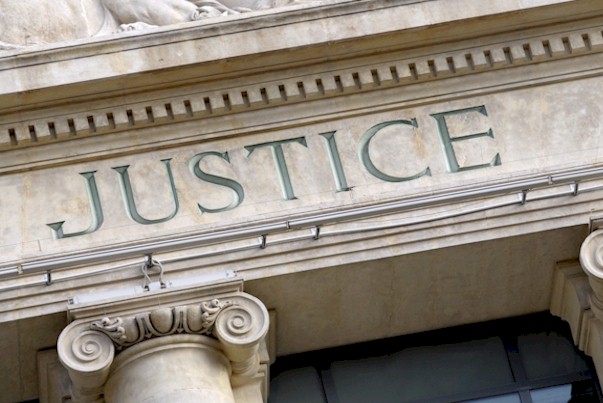
According to a recent study, the hospitality industry accounted for 2.9 trillion dollars in sales and in the U.S. alone, was responsible for 1 in 9 jobs. In an industry of that scope and dimension, legal issues touch every aspect of a hotel's operation, and legal services are required in order to conform to all prevailing laws and regulations. Though not all hotels face the same issues, there are some industry-wide subjects that are of concern more broadly. One of those matters is the issue of immigration and how it affects the ability of hotels to recruit qualified employees. The hotel industry is currently facing a labor crisis; the U.S. Labor Department estimates that there are 600,000 unfilled jobs in the industry. Part of the problem contributing to this labor shortage is the lack of H2B visas for low-skilled workers, combined with the difficulty in obtaining J-1 visas for temporary workers. Because comprehensive immigration reform is not being addressed politically, hotel managers expect things are going to get worse before they get better. Corporate cyber security is another major legal issue the industry must address. Hotels are under enormous pressure in this area given the large volume of customer financial transactions they handle daily. Recently, a federal court ruled that the Federal Trade Commission had the power to regulate corporate cyber security, so it is incumbent on hotels to establish data security programs in order to prevent data breaches. The lack of such programs could cause hotels to face legal threats from government agencies, class action lawsuits, and damage to their brand image if a data breach should occur. These are just two of the critical issues that the December issue of Hotel Business Review will examine in the area of hotel law.




 According to a recent study, the hospitality industry accounted for 2.9 trillion dollars in sales and in the U.S. alone, was responsible for 1 in 9 jobs. In an industry of that scope and dimension, legal issues touch every aspect of a hotel's operation, and legal services are required in order to conform to all prevailing laws and regulations. Though not all hotels face the same issues, there are some industry-wide subjects that are of concern more broadly. One of those matters is the issue of immigration and how it affects the ability of hotels to recruit qualified employees. The hotel industry is currently facing a labor crisis; the U.S. Labor Department estimates that there are 600,000 unfilled jobs in the industry. Part of the problem contributing to this labor shortage is the lack of H2B visas for low-skilled workers, combined with the difficulty in obtaining J-1 visas for temporary workers. Because comprehensive immigration reform is not being addressed politically, hotel managers expect things are going to get worse before they get better. Corporate cyber security is another major legal issue the industry must address. Hotels are under enormous pressure in this area given the large volume of customer financial transactions they handle daily. Recently, a federal court ruled that the Federal Trade Commission had the power to regulate corporate cyber security, so it is incumbent on hotels to establish data security programs in order to prevent data breaches. The lack of such programs could cause hotels to face legal threats from government agencies, class action lawsuits, and damage to their brand image if a data breach should occur. These are just two of the critical issues that the December issue of Hotel Business Review will examine in the area of hotel law.
According to a recent study, the hospitality industry accounted for 2.9 trillion dollars in sales and in the U.S. alone, was responsible for 1 in 9 jobs. In an industry of that scope and dimension, legal issues touch every aspect of a hotel's operation, and legal services are required in order to conform to all prevailing laws and regulations. Though not all hotels face the same issues, there are some industry-wide subjects that are of concern more broadly. One of those matters is the issue of immigration and how it affects the ability of hotels to recruit qualified employees. The hotel industry is currently facing a labor crisis; the U.S. Labor Department estimates that there are 600,000 unfilled jobs in the industry. Part of the problem contributing to this labor shortage is the lack of H2B visas for low-skilled workers, combined with the difficulty in obtaining J-1 visas for temporary workers. Because comprehensive immigration reform is not being addressed politically, hotel managers expect things are going to get worse before they get better. Corporate cyber security is another major legal issue the industry must address. Hotels are under enormous pressure in this area given the large volume of customer financial transactions they handle daily. Recently, a federal court ruled that the Federal Trade Commission had the power to regulate corporate cyber security, so it is incumbent on hotels to establish data security programs in order to prevent data breaches. The lack of such programs could cause hotels to face legal threats from government agencies, class action lawsuits, and damage to their brand image if a data breach should occur. These are just two of the critical issues that the December issue of Hotel Business Review will examine in the area of hotel law.

